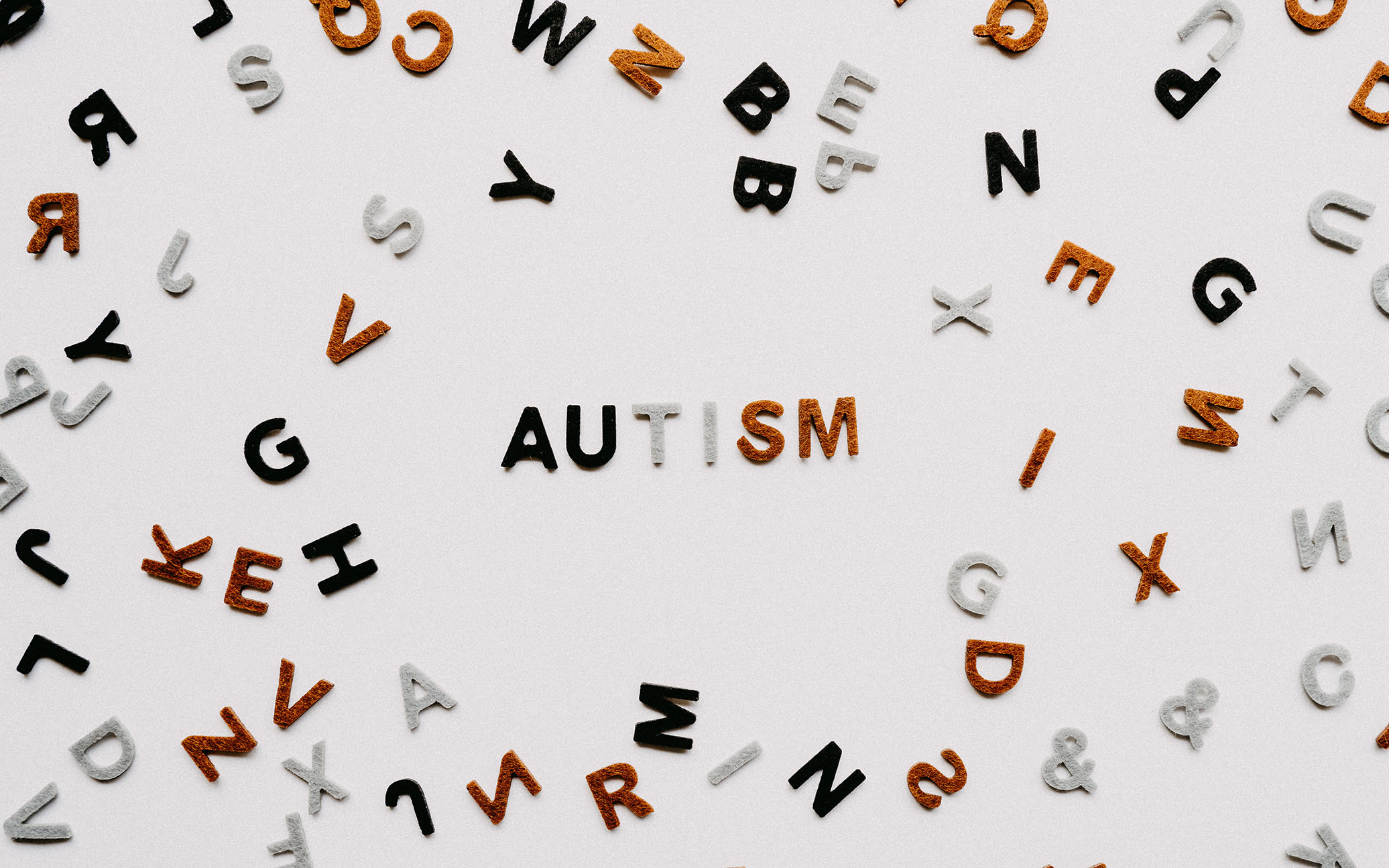
[ad_1]
SAN FRANCISCO — By fusing the facility of synthetic intelligence with new molecular methods that additionally appear ripped from science fiction, researchers at UCSF have mapped the microscopic world of autism spectrum dysfunction in unprecedented element, pointing towards potential therapies for a subset of sufferers who’ve particular genetic mutations, based on a brand new examine.
“This opens up type of a Goldilocks of potential therapy targets,” mentioned one of many examine’s authors, Matthew State, a UCSF little one psychiatrist and geneticist. “It’s a possibility for pictures on objective that we simply haven’t had earlier than, due to the complexity of autism.”
The outcomes are novel for just a few causes, researchers mentioned. It’s the primary time that the mobile workings of a neuropsychiatric dysfunction like ASD have been explored this deeply, opening a door for comparable investigations of different neuropsychiatric issues akin to consideration deficit hyperactivity dysfunction and schizophrenia.
Commercial – Proceed Studying Under
The examine additionally mixed a basket of latest applied sciences in an authentic approach. These applied sciences embody stem cells, CRISPR-based genetic instruments and AlphaFold 2, the Google AI that predicts the habits of proteins.
As well as, researchers leveraged a system initially developed at UCSF to check viruses, together with the pandemic-causing coronavirus. That platform is ready to create complete maps of the interactions between proteins, the organic machines produced by genes that perform work within the cell.
“We’ve been on the bleeding fringe of placing all this collectively,” mentioned one other examine chief, Nevan Krogan, director of the Quantitative Biosciences Institute inside UCSF’s College of Pharmacy, which coordinated the analysis together with the Division of Psychiatry and Behavioral Sciences.
The paper was posted Monday on bioRxiv.org, a preprint server, and might be submitted to a peer-reviewed journal. UCSF’s Jeremy Willsey and Tomasz Nowakowski co-led the work, and Rezo Therapeutics, a biotech firm based by QBI and Krogan, additionally contributed.
During the last decade, scientists together with State have found over 100 mutated genes which can be related to autism. However translating that information into therapies has been troublesome, State mentioned. The mind is intricate, and simply understanding the fitting genes isn’t sufficient.
The UCSF-led group took a brand new method, specializing in the proteins manufactured by these genes and mapping how they work together with one another.
Researchers discovered 1,000 proteins and greater than 1,800 interactions. About 90% of the interactions “are issues we’ve by no means seen earlier than,” State mentioned.
The group then seemed for clues about how the mutations result in the dysfunction through the use of particular mutations from a subset of individuals with ASD. The scientists exploited AlphaFold’s predictive skills and varied molecular methods to pinpoint probably the most significant interactions, finding out how these proteins operate in human cells and in “mind organoids” grown from stem cells.
These findings might someday result in new medicine for sufferers, State and Krogan mentioned.
“We’re shining a brand-new gentle on autism,” Krogan mentioned.
© 2023 San Francisco Chronicle
Distributed by Tribune Content material Company, LLC
Learn extra tales like this one. Join Incapacity Scoop’s free electronic mail publication to get the most recent developmental incapacity information despatched straight to your inbox.
[ad_2]